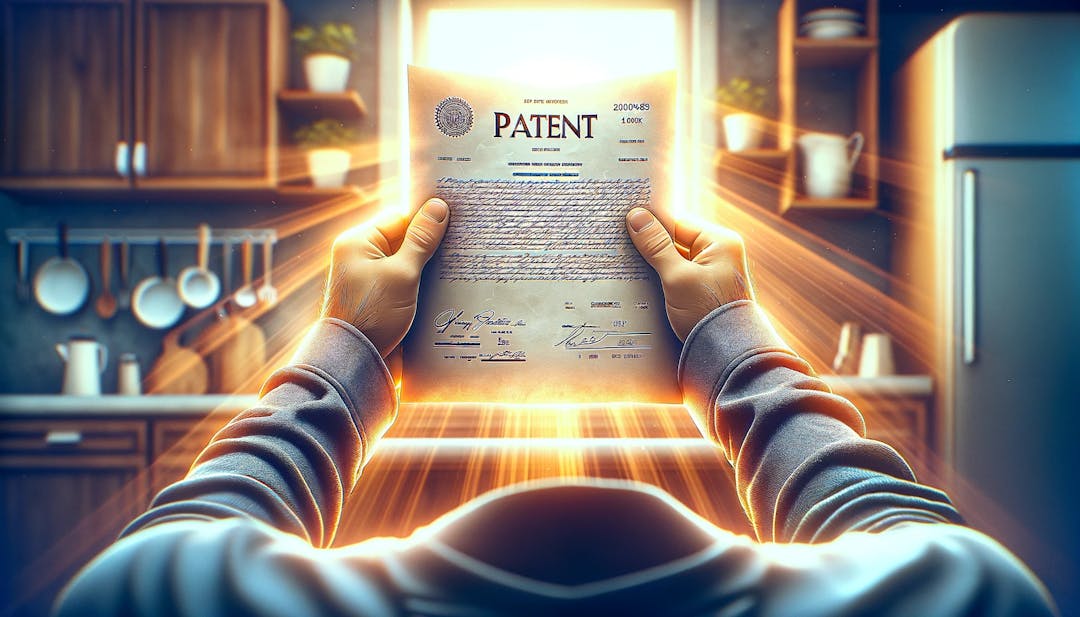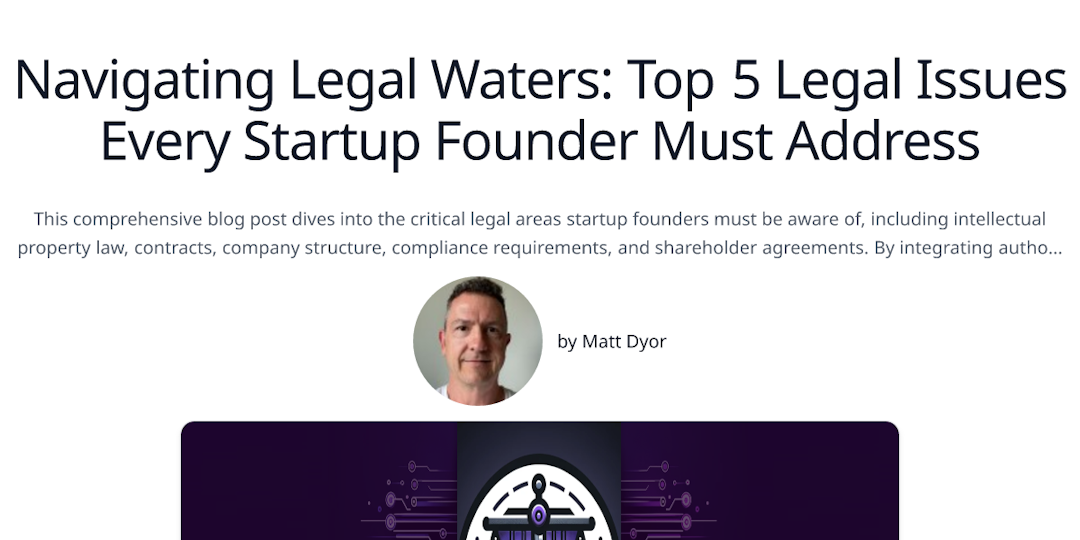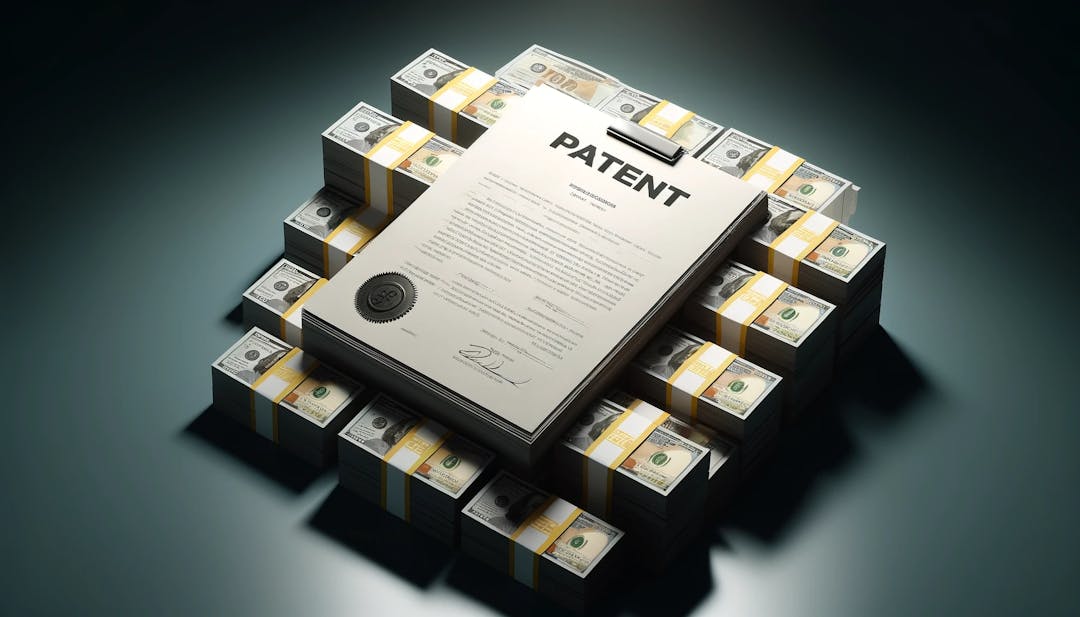Why do a patent search?
Patent searches can be a great first step in understanding the possible scope of an invention. Specifically, you can identify existing patents and publications that might impact the novelty and non-obviousness of your invention before spending extensive time and thought writing patent disclosure directed to subject matter that you will not be able to gain patent rights on. By gaining a working knowledge of the the art and science of patent searching, similar to how a patent examiner would, you can save considerable time and resources throughout the patenting process.
Additionally, doing a patent search can help you gain familiarity with the terminology and concepts used by other inventors in your invention's domain. This will allow you to better distinguish your invention from the prior art, and can help you get through prosecution (working with the patent examiner to amend your claims so as to become allowable) more efficiently.
The Preliminary Steps: Understanding Your Invention and Why You are Filing
Before diving into the details, start by thinking about the patent search from your end goal. If you have not already, read this primer on filing your own provisional patent application ↗. Once you have specified where you are heading, you can start inventorying what you think the main elements of your invention are. Write out its (potentially) novel aspects, potential applications, and how you think it differs from existing technologies. You will do this assessment again AFTER you have done your initial search, but you can take a first crack at it based on what you know.
Databases and Tools for Effective Patent Searches
In the US, there are 2 main patent searching tools: Google Patents ↗ and the USPTO's Public Patent Search or PPS ↗.
The Google Patents site is easy to use, but offers less control. The USPTO PPS Advanced Search site ↗ (show below) has a little learning curve, but allows you to keep digging in as you gain a bit of familiarity with the tool (and the terminology of your invention's domain). The query I entered is dyor.in. AND @py>="1975" which searches for the inventor name of dyor and a patent year of 1975 or later
 Getting Advanced search techniques involve more than just inputting keywords into a search database. It includes utilizing classification searches, combining classifications with keywords, and exploring cited and citing patents to uncover a broader landscape of relevant prior art. For a complete list of search syntax, click on the ? Help tab (next to the Search Results tab). A couple of the more useful operators are:
Getting Advanced search techniques involve more than just inputting keywords into a search database. It includes utilizing classification searches, combining classifications with keywords, and exploring cited and citing patents to uncover a broader landscape of relevant prior art. For a complete list of search syntax, click on the ? Help tab (next to the Search Results tab). A couple of the more useful operators are:
- AND
- OR
- ADJ: two words right next to each other in order
- ADJ[n]: two words within n words of each other in order (e.g., gravity ADJ2 ramp will match "gravity feed ramp" but not "gravity powered golf putting ramp")
- NEAR: like ADJ, but order does not matter.
- WITH: words occur in same sentence. WITH[n] also supported.
- SAME: words occur in same paragraph. SAME[n] also supported.
- Parenthesis can be used to group together operators, such as
(gravity ADJ5 ramp) WITH golf
Exploring CPC Codes
Cooperative Patent Classification or CPC codes can be a useful way to filter down your patent search. Each issued patent will have a listing of relevant CPC codes, so when you find something similar you can take a look at other patents also assigned to that CPC. Sometimes these patents will use different terms for the same concept, and the USPTO does its best to map similar inventions to the same CPC even if they use different terminology. Here is the CPC list for a gravity powered golf putting ramp:
 Sample CPC: https://www.uspto.gov/web/patents/classification/cpc/html/cpc-A63B.html#A63B57/0006 ↗
Sample CPC: https://www.uspto.gov/web/patents/classification/cpc/html/cpc-A63B.html#A63B57/0006 ↗
Make Sure What Is Novel and Non-Obvious Is Worthwhile
So now you have an initial sense of what has been patented before your invention. It is time to reassess and determine whether what is different between the prior art and your invention is able able to support your end goal.
For example, if you intend to file a patent application on a golf gadget so that you license or sell the eventually-issued patent to a golf club manufacturer, and you find that somebody has already patented (or even described) something similar, this may destroy the value of the patent. Even if you can manufacture/create a much better device, the patent itself may lack value.
Patent Searches are an Important 1st Step in a Long Process
While becoming proficient in patent searches like an examiner is achievable, there is no requirement to conduct an exhaustive search and find all of the relevant art - that is the Examiner's job. Your job is to search enough to determine whether you want to proceed with a patent application and, if so, where you should focus your attention. A good search will allow you to clarify where the most novel and least obvious elements of your invention are and focus all of your patenting efforts accordingly.
If you are starting out on your patent journey and want to talk to somebody, feel free to grab time from my calendar at meet.dyor.com. I am not representing patent clients at this time, so I am not trying to sell you on my patent services. I am hoping to understand the challenges that independent inventors are struggling with - from patent searching to application drafting to prosecution and (most importantly) licensing - so this is about learning and helping out fellow inventors.
Have a comment? Share it on LinkedIn ↗.





















